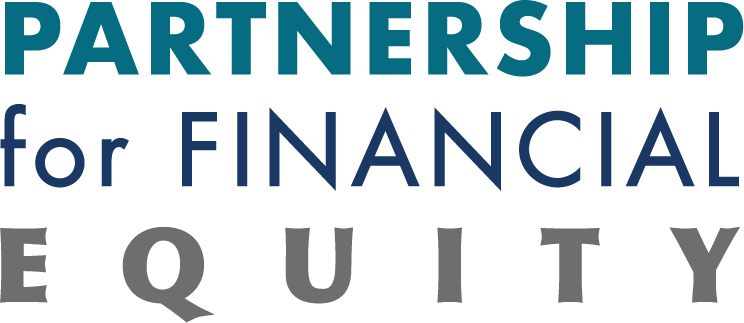Self-Assessment Guide to CRA (Community Investment) for Mortgage Lenders from Division of Banks
February 13, 2017
MCBC Bulletin – Winter 2017
January 05, 2017
2014 Mortgage Lending Trends in New England from the Federal Reserve Bank of Boston
May 24, 2016
The mortgage and housing market experienced important changes in 2014, including changes in home prices and interest rates, and the enactment of home mortgage regulations. In this dynamic environment, it is important to track how the mortgage market has evolved at the local level for low- and moderate-income (LMI) families and families of color. In this brief, the annual Home Mortgage Disclosure Act (HMDA) data have been used to analyze mortgage market trends during 2014 in the New England states. The number of mortgage loans declined sharply in 2014, primarily driven by a decrease in refinance loans. Home purchase loans remained flat from 2013 through 2014. Nonconventional loans (FHA, VA, FSA/RHS) continued to play an important role, especially among low-income and nonwhite borrowers. Close to 40 percent of home purchase loans to LMI individuals were government-backed loans, and nearly half of all home purchase loans issued to blacks and Latinos were FHA mortgages. Home purchase denial rates have been declining for Latinos since 2012 and for blacks since 2013. Despite this downward trend, blacks and Latinos continued to have much higher denial rates than whites. HMDA data does not include applicants’ debt-to-income ratios, credit scores, or loan-to-value ratios, but annual income is stated. When we used income to compare denial rates by race for all loan types, we found that the denial rate for Latinos earning $71,000 to $90,000 and blacks earning $121,000 to $150,000 was almost equivalent to the denial rates for whites earning $31,000 to $50,000.
From Community Development Issue Brief No. 2, 2016 by Jennifer Haynes and Amy Higgins
Residential Mortgage Lending for Underserved Communities: Recent Innovations
May 16, 2016
This article in ProfitWise is authored by Emily Engel, Jason Keller and Taz George of the Federal Reserve Bank of Chicago. For more click here or read the article linked here.
The Low-Income Housing Tax Credit at Year 30: Recent Investment Performance (2013-2014)
April 27, 2016
Report on Financial Literacy in Massachusetts
December 01, 2015
Report of the statewide Financial Literacy Task Force through the Massachusetts Office of Economic Empowerment, a Division of the Office of the State Treasurer.
Expanding Fair Access to Credit
June 01, 2008
A Resource Guide for Massachusetts Lenders on Second Look Policies, Mortgage Broker Oversight, and Self-Testing
Working Together to Build Wealth in Lower-Income Communities
March 01, 2008
Strategies for Financial Institutions, Community-Based Organizations and Public Programs to Expand Access to Financial Services, Financial Education and Asset Development
Massachusetts Fair Lending Task Force: Report and Recommendations
October 01, 2006
The Massachusetts Fair Lending Task Force was established in 2005 to promote and ensure fair and equitable mortgage lending to all individuals. The Task Force included representatives from the Massachusetts Bankers Association (MBA), the Massachusetts Community & Banking Council (MCBC), the Massachusetts Credit Union League (MCUL), the Massachusetts Mortgage Association (MMA), the Massachusetts Mortgage Bankers Association (MMBA), state and federal regulatory agencies and community-based organizations.1
Helping the Unbanked and Underbanked: Toolbox Report for Financial Institutions
September 01, 2005
This report was produced by the Boston Alliance for Economic Inclusion (BAEI), a public-private partnership whose Mission is to enhance the economic well-being of the unbanked/underserved in metropolitan Boston by improving their access to the U.S. banking system, developing and marketing more responsive and affordable financial products and services, promoting financial education, and addressing technical or regulatory issues surrounding these developments.

